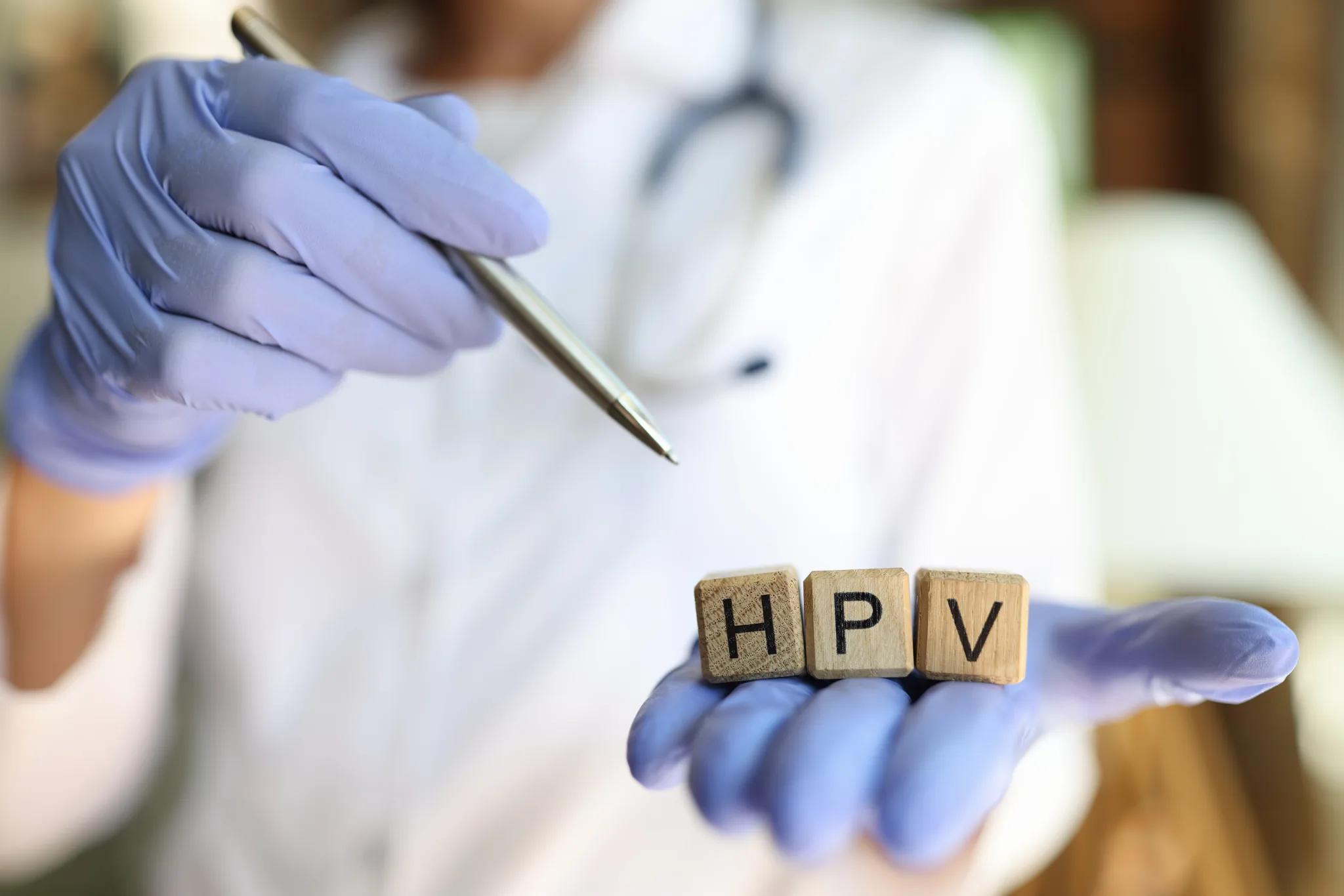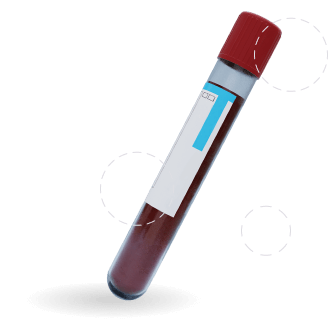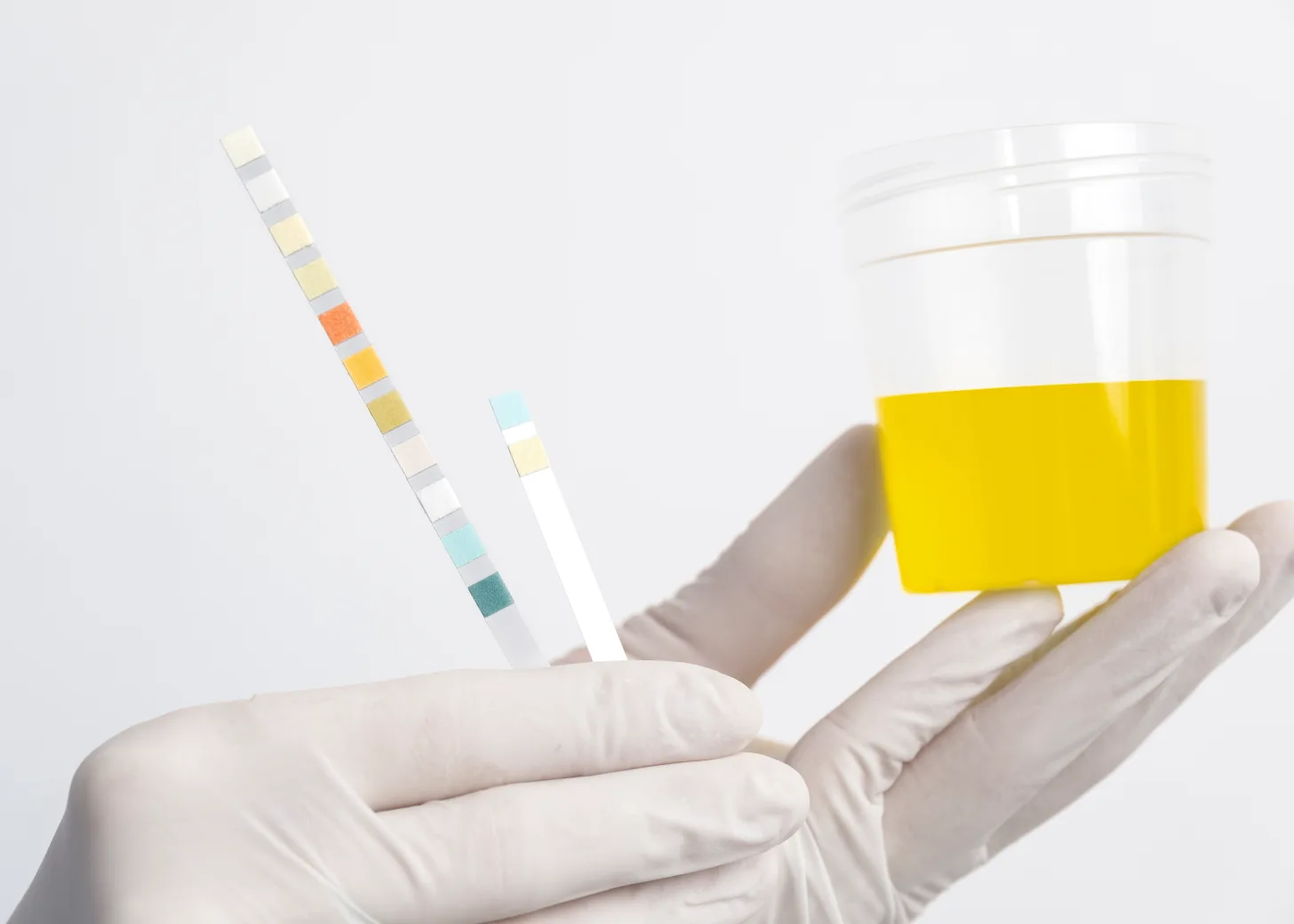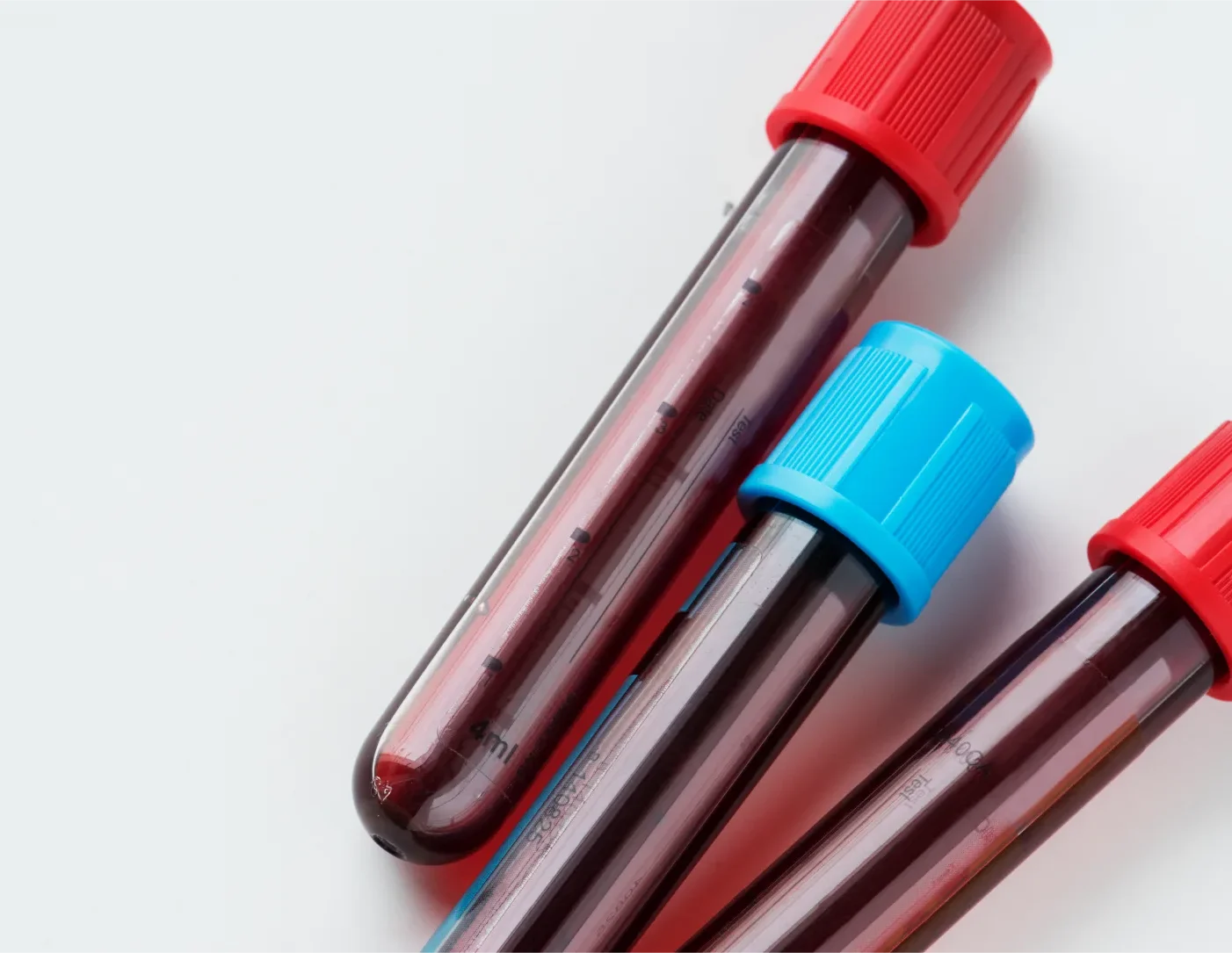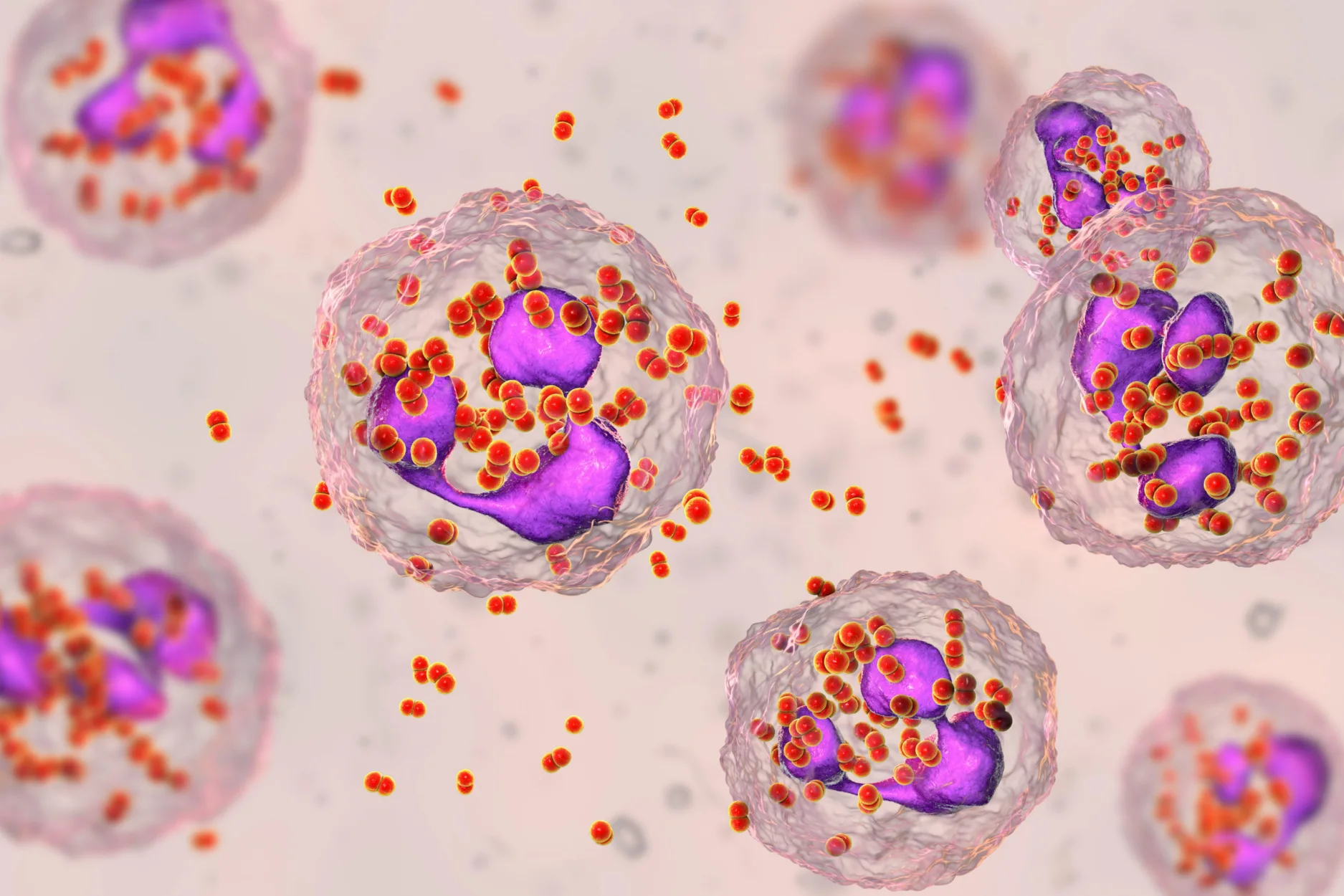Appointment
Screening for HPV typically involves a normal cervical smear test, which is a routine procedure aimed at detecting early signs of cervical cancer or HPV infection. During the test, a speculum is gently inserted into the vagina to hold the vaginal walls open, allowing the healthcare provider to access the cervix. Using a soft swab or brush, the doctor collects cells from the cervix for analysis. Despite the use of a speculum and the intimate nature of the procedure, it is generally not considered painful for most individuals.
